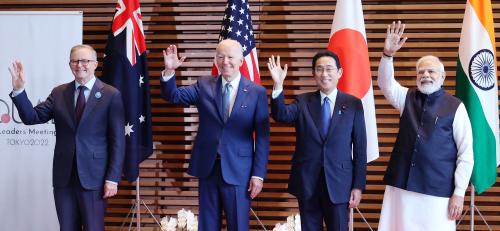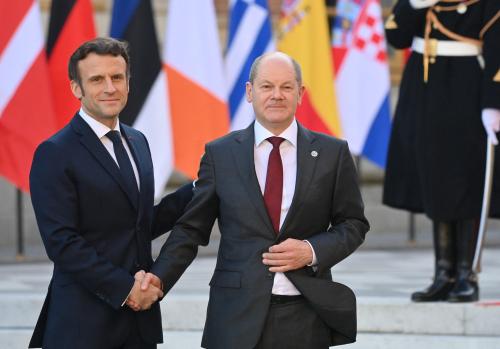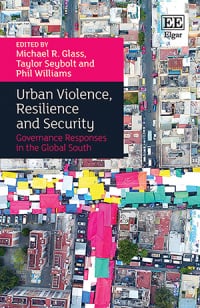The fourth attempt in a year at a durable ceasefire and a political process in Yemen should get strong support from President Barack Obama when he visits Saudi Arabia later this month. The war has been a humanitarian catastrophe and a boon to al-Qaida in the Arabian Peninsula (AQAP). It’s in our interest to end it.
The latest attempt at a ceasefire was arranged by direct negotiations between Saudi Arabia and the Zaydi Shiite Houthi rebels meeting in Riyadh with U.N. support. Political negotiations are scheduled to begin in Kuwait on April 18. If the truce fails, the Saudis are threatening their coalition will mount a major offensive to take Sanaa from the rebels.
A battle for Sanaa would make a bad situation even worse. The U.N. has said that 21 million Yemenis need immediate relief, of which seven million are “severely food insecure.” The situation is particularly acute in Taiz where the Houthis have been besieging the city for months, as well as in Sa’ada (the Houthis’ home city in the north), which has been bombed repeatedly by the Royal Saudi Air Force.
A battle for Sanaa would make a bad situation even worse.
A battle for the capital will compound the tragedy enormously. Sanaa is the fastest growing capital city in the world with a population of two million people. It is also the most water-stressed. The city was projected to run out of available groundwater by 2017, before the war added new stress to the urban environment. An urban battle would be a disaster.
The biggest beneficiary of the war has been AQAP, which now controls some six hundred kilometers of the southern coastline—from just outside Aden to Mukalla, the fifth largest city in Yemen and the capital of Hadramaut province. When AQAP seized the Mukalla at the start of the war, they looted $100 million from its banks. They are now earning at least $2 million and perhaps as much as $5 million a day in smuggling oil. The group is stronger today than ever before.
The Saudi coalition largely left AQAP alone until recently. The Royal Saudi Air Force has now mounted a few missions against it but they remain firmly in control of much of the south. AQAP regularly attacks coalition forces in Aden.
The war has diverted attention and resources from the struggle with ISIS and allowed the growth of AQAP for too long.
Any enduring political settlement will require power sharing between the Houthis and the Saudi-backed Hadi government. It will also need to find a place for former President Ali Abdullah Saleh and his family and supporters. A massive reconstruction effort will be necessary and can only be paid for by the Saudis and Emiratis.
The United States has been quietly pushing the Saudis to end the war for several months, even as Washington provides critical intelligence and logistical aid to the coalition. Obama needs to press King Salman and his Gulf Cooperation Council counterparts to stop the fighting for good when he visits Riyadh later this month. He can assure the Saudis that Washington is opposed to an Iranian role in Yemen and note that U.S. and allied naval ships have thwarted several recent Iranian efforts to smuggle arms to the Houthis. The war has diverted attention and resources from the struggle with ISIS and allowed the growth of AQAP for too long.



Commentary
What the Yemen ceasefire means for the Gulf, the anti-ISIS campaign, and U.S. security
April 12, 2016